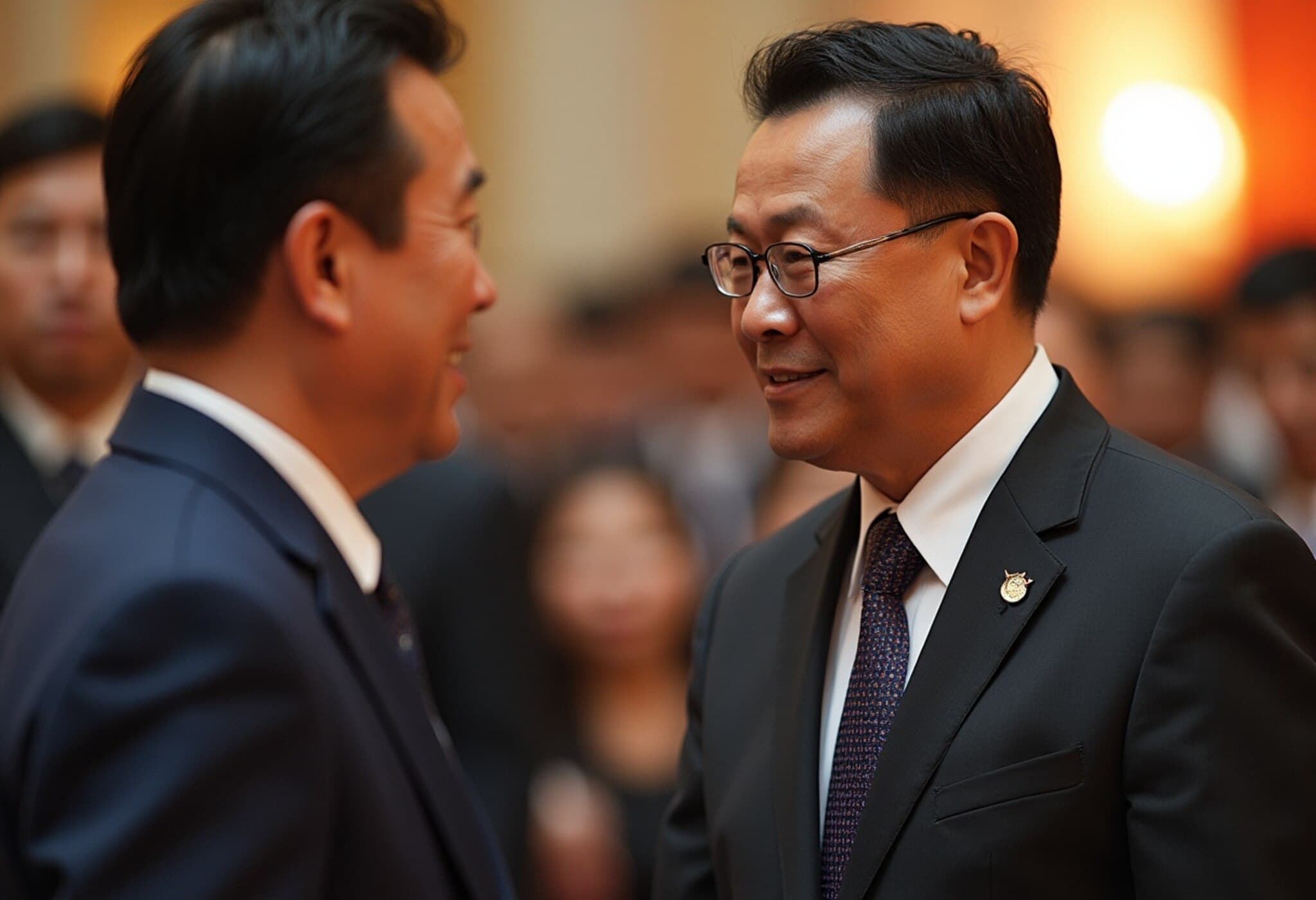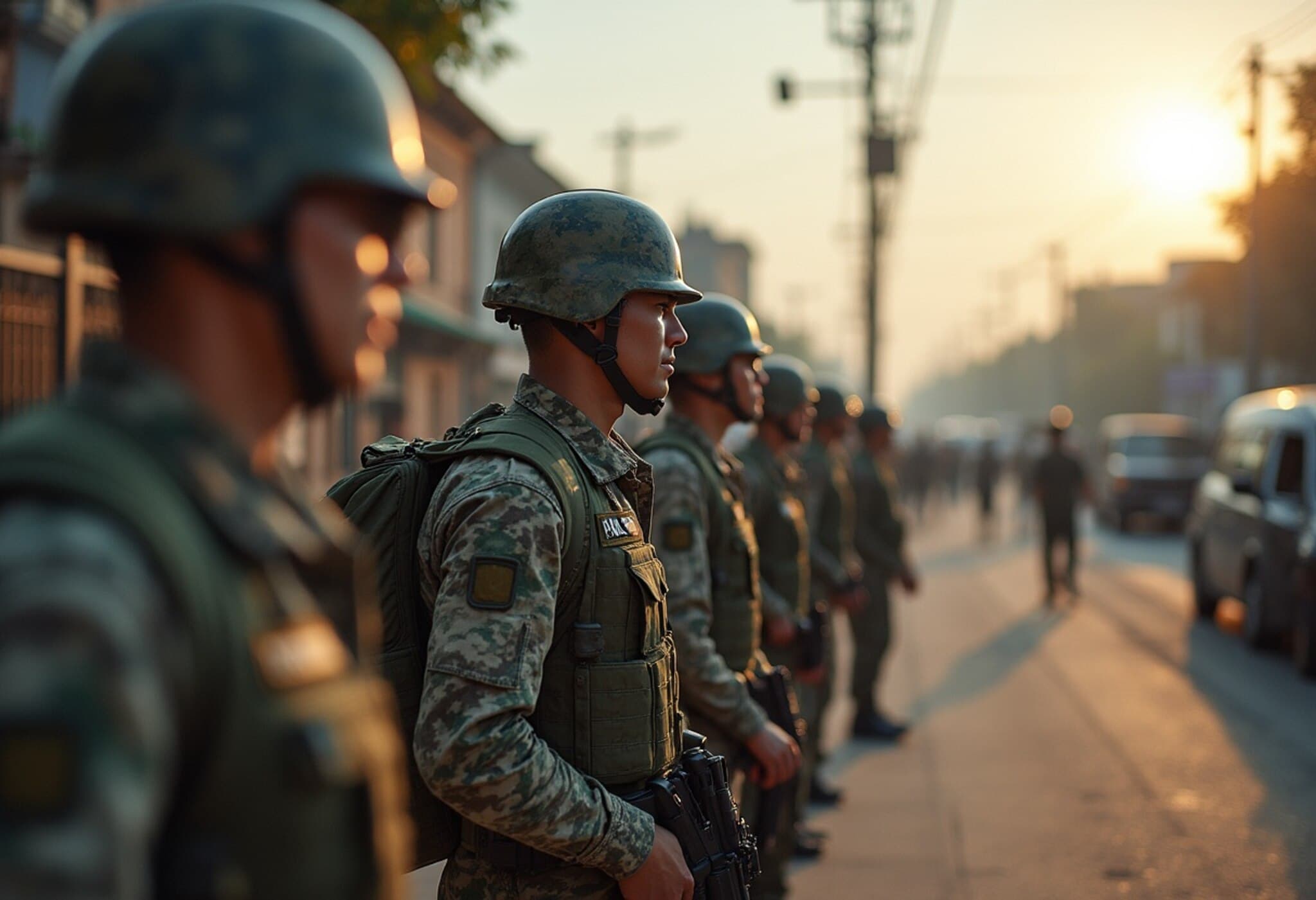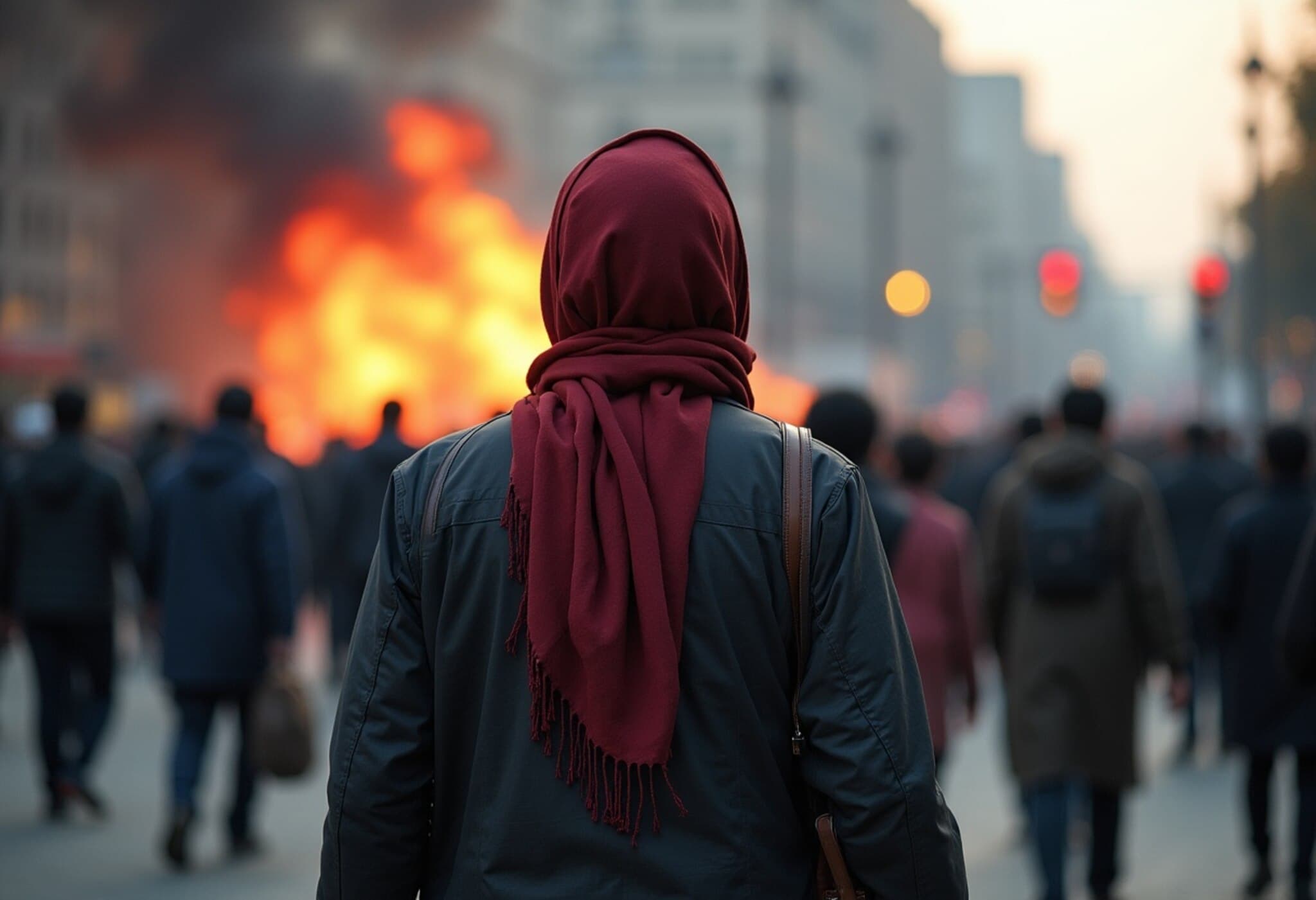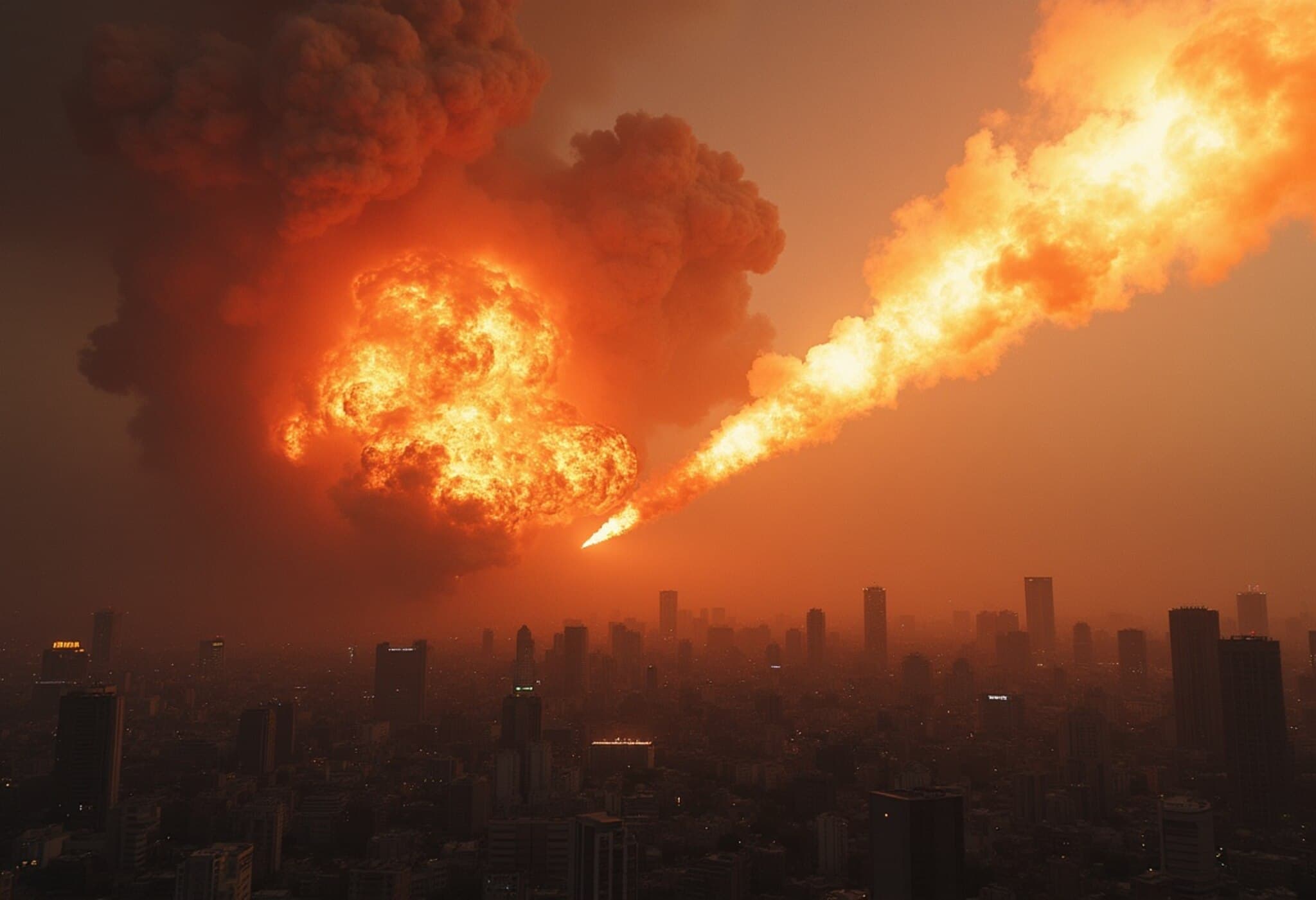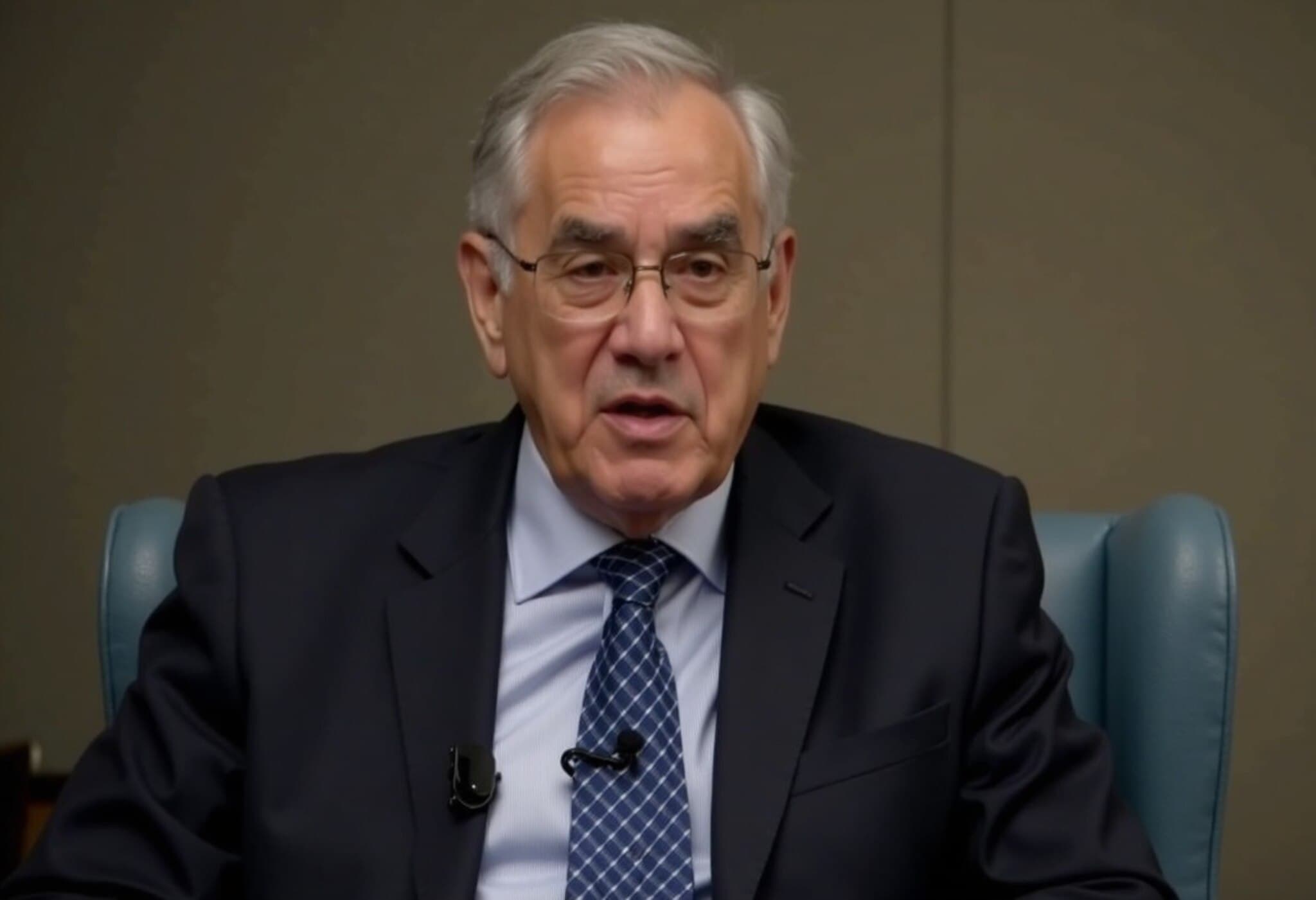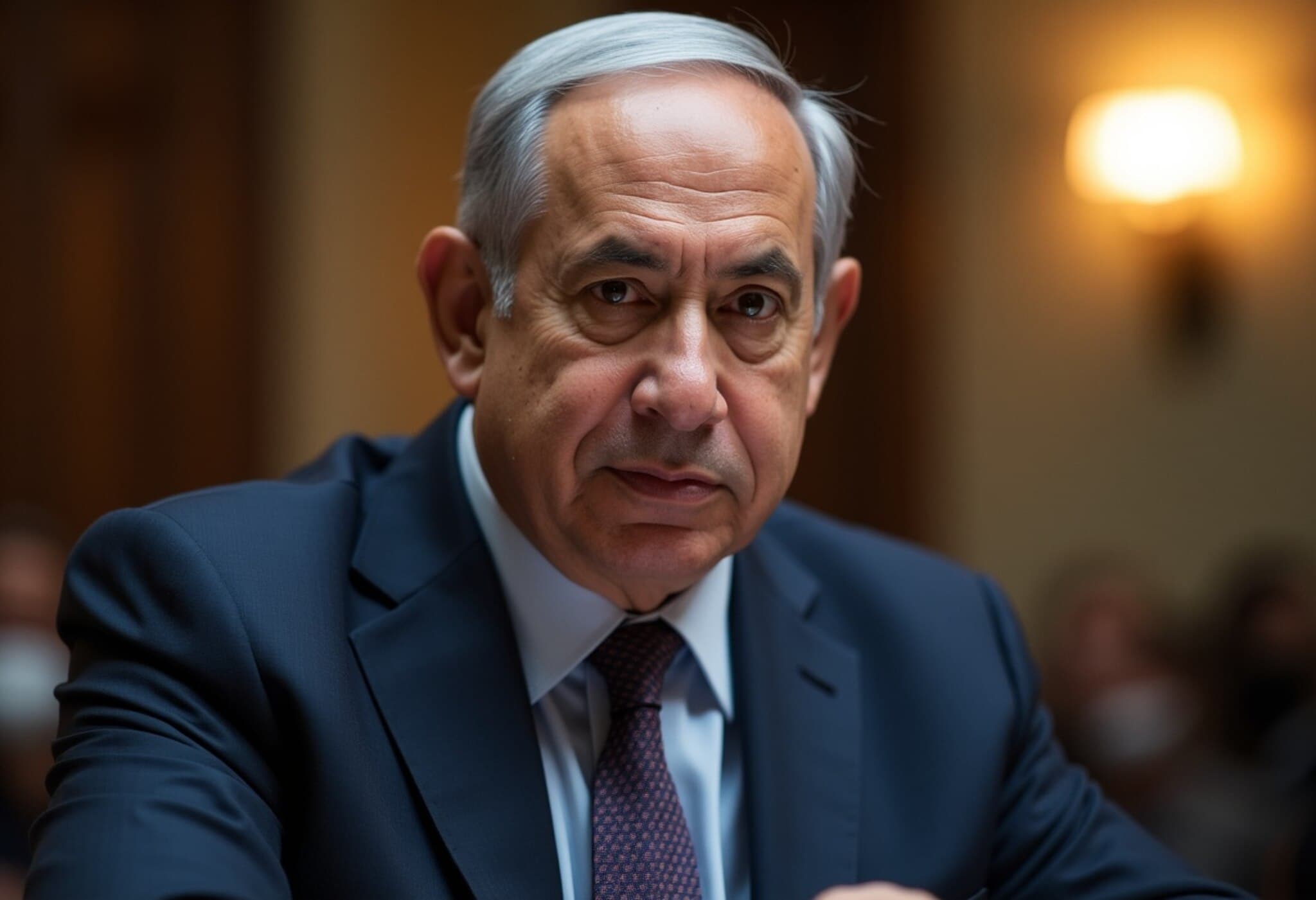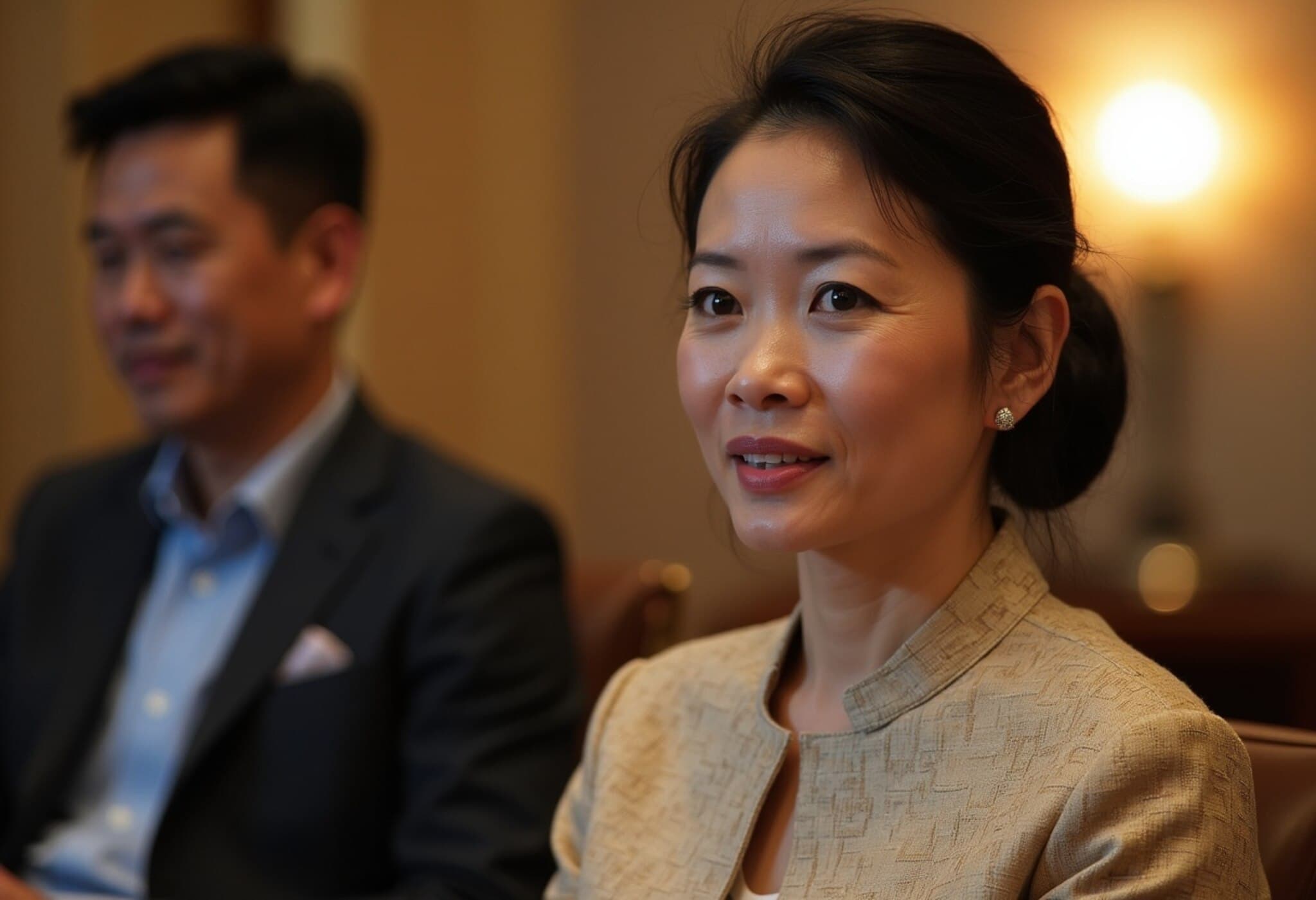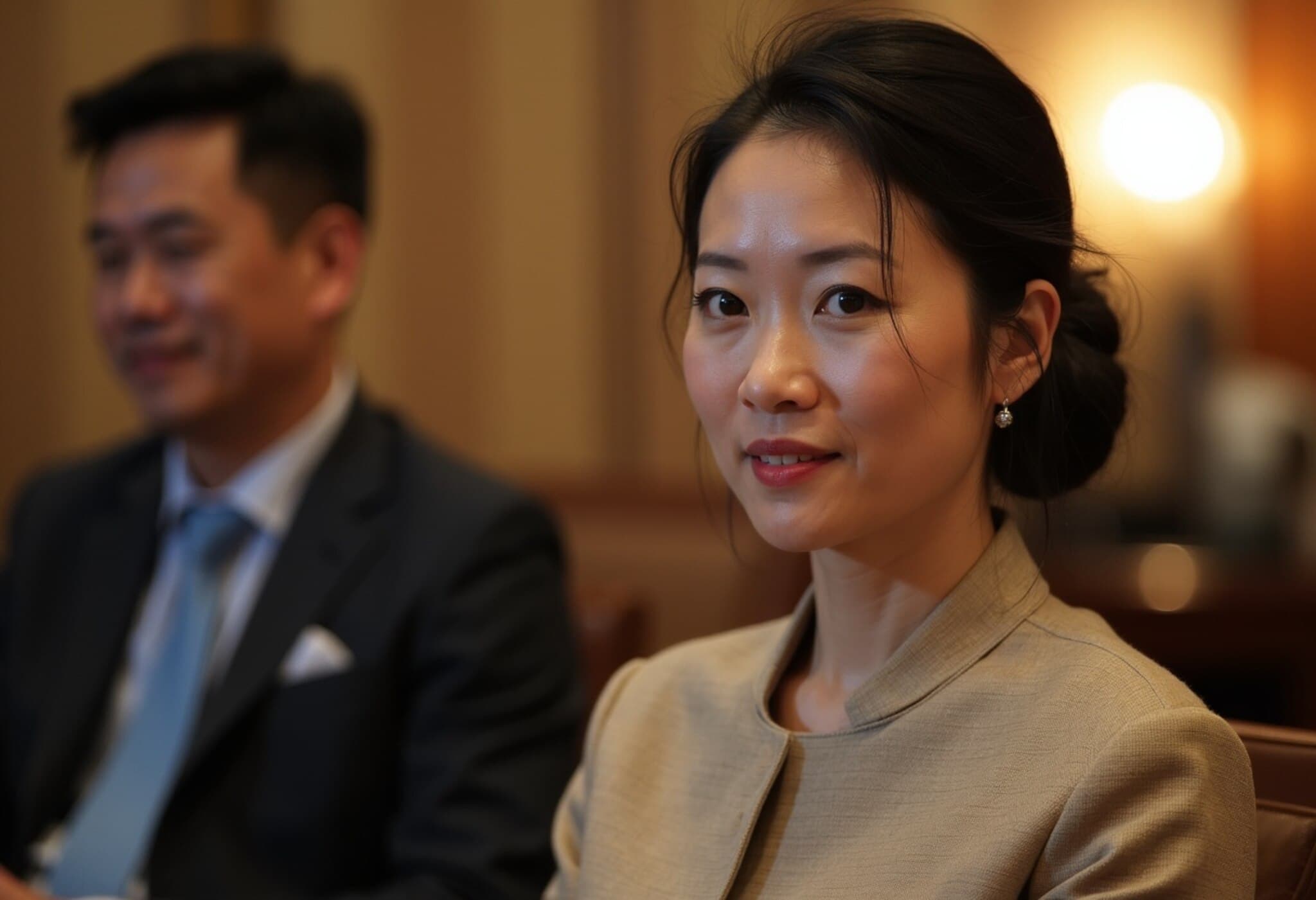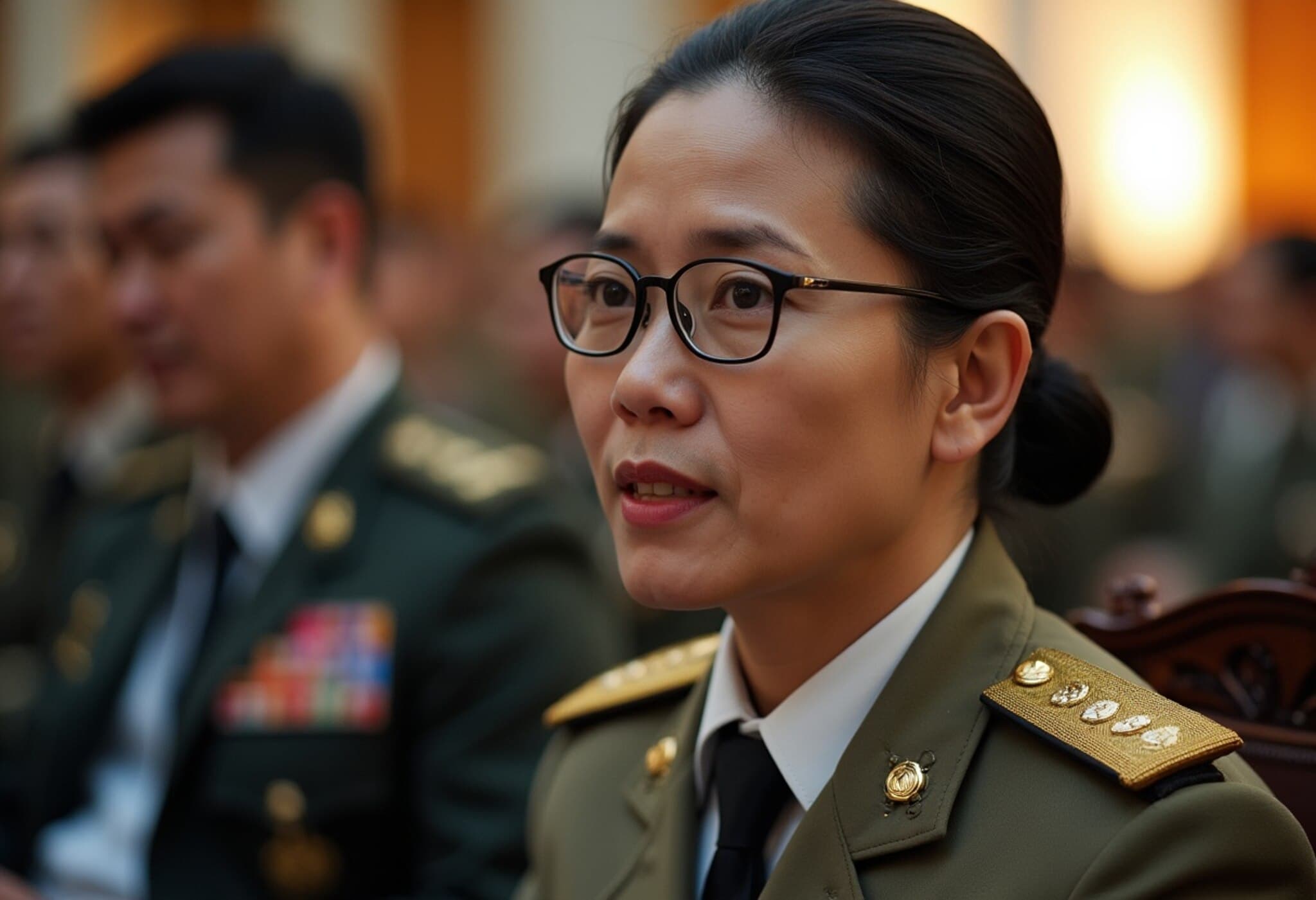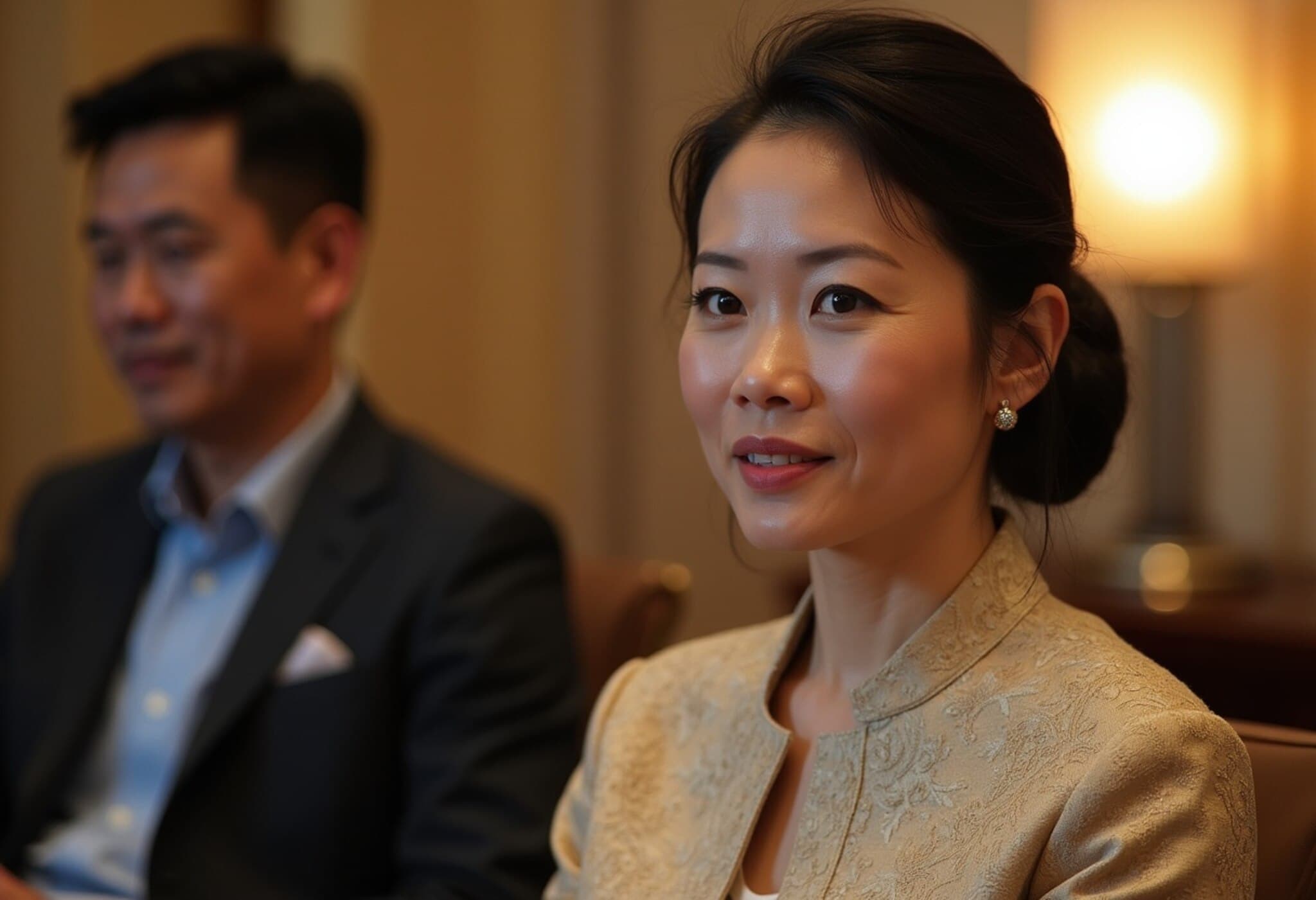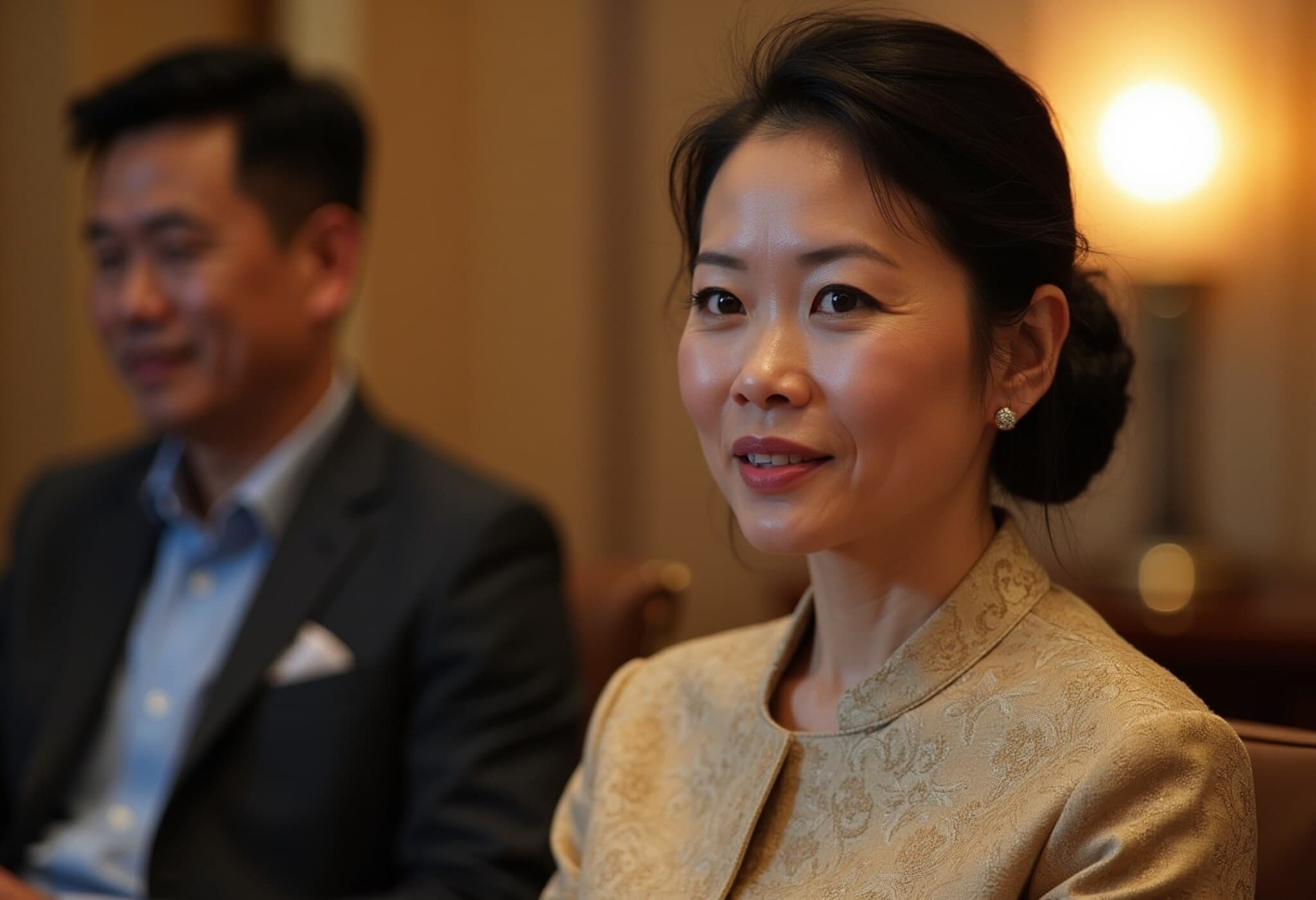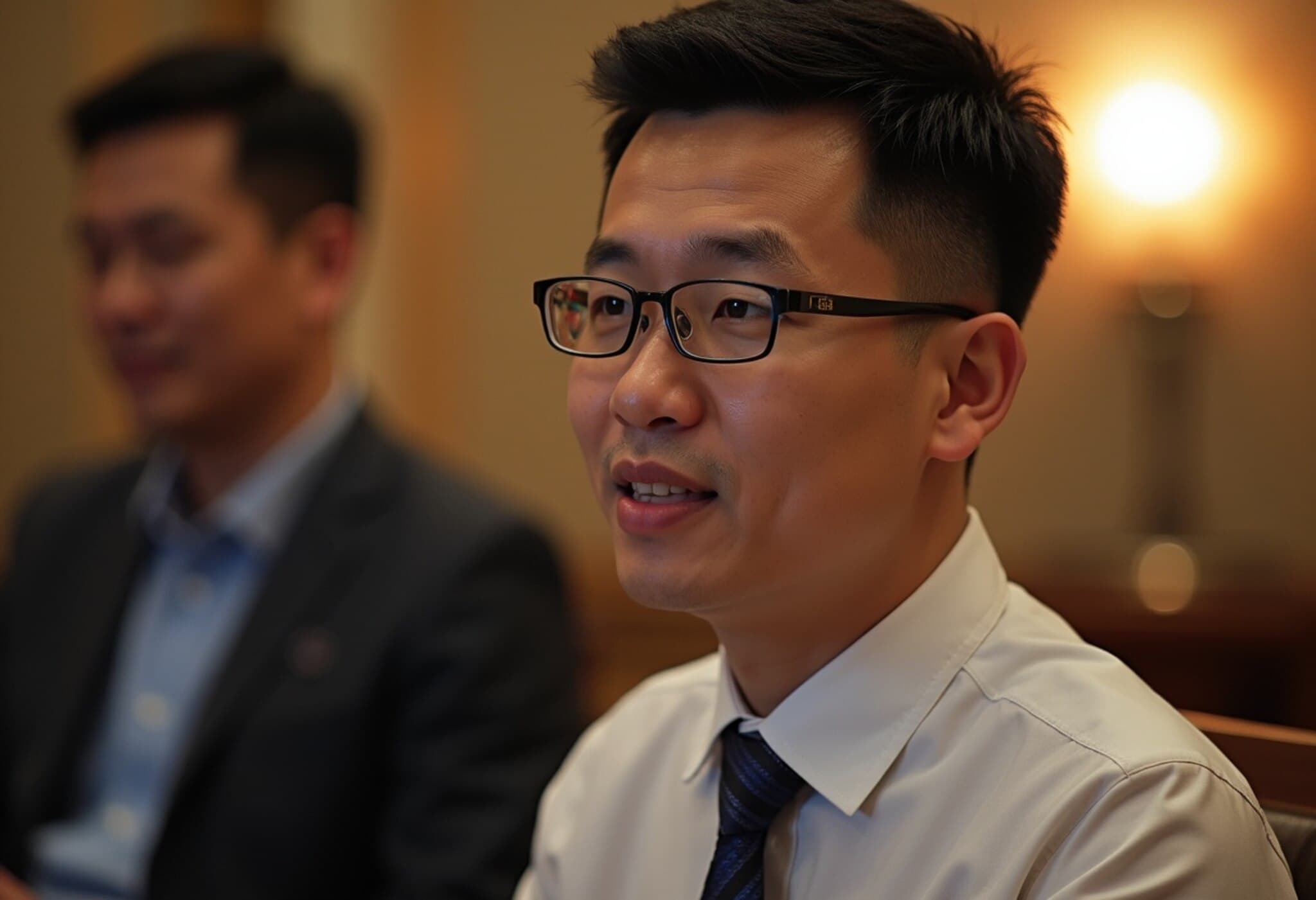Protesters in Bangkok Rally Against Prime Minister Paetongtarn Shinawatra
On August 2, 2025, thousands of protesters gathered at Bangkok's iconic Victory Monument, braving the sweltering heat to demand the resignation of Prime Minister Paetongtarn Shinawatra, who was suspended by a court just weeks prior. The demonstration comes on the heels of violent clashes along the Thai-Cambodian border that have claimed over three dozen lives and forcibly displaced more than 260,000 individuals, plunging the region into turmoil.
Many protesters expressed their distrust of Paetongtarn and her influential family, especially her father, former Prime Minister Thaksin Shinawatra, accusing them of exacerbating the longstanding border conflict. The grievances were compounded by recent revelations that linked Paetongtarn closely to Cambodia's former prime minister Hun Sen, deepening suspicions about her loyalties.
Background: Border Conflict and Political Fallout
The border dispute between Thailand and Cambodia is a complex saga spanning decades, rooted in territorial claims over contentious land pockets near their shared border. The latest escalation ended with a tenuous ceasefire, brokered by Malaysia, on July 29, but the violence has left scars both on the ground and within Thailand's political landscape.
The trigger for the political unrest in Bangkok partly stems from a leaked phone call involving Paetongtarn and Hun Sen. In that conversation, Paetongtarn referred to Hun Sen as "uncle" and allegedly made disparaging remarks about a Thai general. This leak, orchestrated by Hun Sen himself, was perceived as a national affront by many Thai citizens and played a key role in the court's suspension of Paetongtarn.
The Role of Thailand's Military and Political Legacy
The gathered protesters voiced strong support for the nation's military, which has historically maintained substantial influence over Thai politics. Thailand's army has staged no fewer than 13 successful coups since the country transitioned to a constitutional monarchy in 1932, underscoring the military’s enduring sway over governance.
Among those protesting were veterans of the conservative, pro-royalist Yellow Shirts movement, originally formed in opposition to Thaksin Shinawatra’s administration. The Yellow Shirts played pivotal roles in several political upheavals, including the military coup that ousted Thaksin in 2006 and helped unseat his sister Yingluck Shinawatra's government in 2014.
Voices from the Protest
- Jittakorn Bussaba, a well-known conservative columnist, addressed the crowd, stating, "Ung Ing [Paetongtarn’s nickname], you need to leave. There's blood on your hands. People have died because of you."
- Ammorn Khunthong, 58, echoed the sentiment: "Thaksin and his family should not run or command this country anymore. "
These voices illustrate deep-seated frustrations with political dynasties in Thailand, highlighting concerns about accountability amid ongoing national crises.
Expert Insights and Broader Implications
Thai politics remain deeply entwined with military influence and entrenched family dynasties, often complicating democratic governance and conflict resolution. The Shinawatra family's legacy is particularly contentious, with supporters championing their populist policies while critics point to allegations of corruption and authoritarian tendencies.
From a geopolitical perspective, the border conflict reflects broader tensions in Southeast Asia influenced by historical territorial disputes and shifting alliances, notably involving Cambodia under Hun Sen’s extended rule. The leaked phone call and Paetongtarn’s relationship with Hun Sen serve as a microcosm of these complex regional dynamics, raising questions about sovereignty, national identity, and foreign influence.
What’s Next for Thailand?
The hanging question remains whether the current political upheaval will steer Thailand towards meaningful reforms or further instability. The prominent role of the military, the persistent influence of political dynasties, and public demands for accountability create a volatile mix that challenges the country's democratic trajectory.
For international observers, the situation underscores the fragility of peace in regions marked by longstanding territorial disputes and highlights the critical importance of transparent leadership respecting national sentiments.
Editor’s Note
This protest movement in Bangkok not only reflects immediate outrage over a tragic border conflict but also encapsulates Thailand’s ongoing struggle with political dynasties, military power, and regional diplomacy. How Thailand navigates these challenges could hold lessons for other nations grappling with balancing national sovereignty, democratic governance, and complex historical grievances. Readers should watch closely how these forces converge in the coming months—will this be a turning point or a continuation of enduring political cycles?


